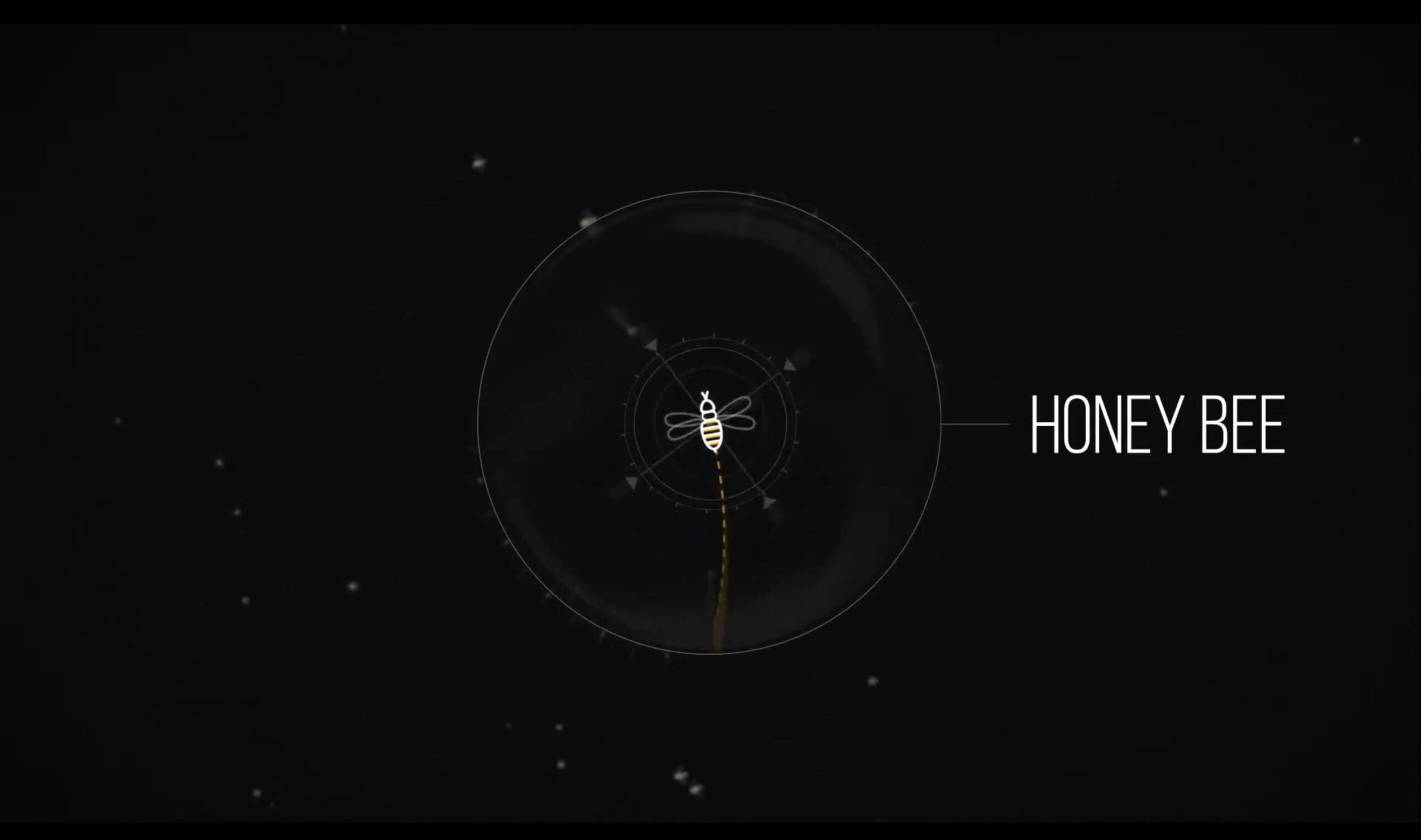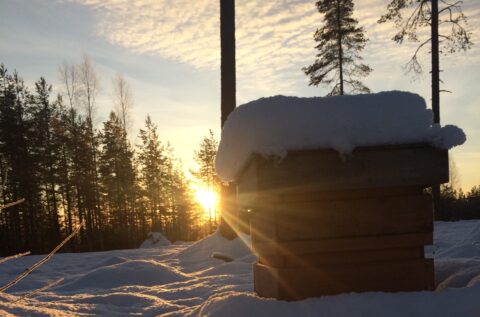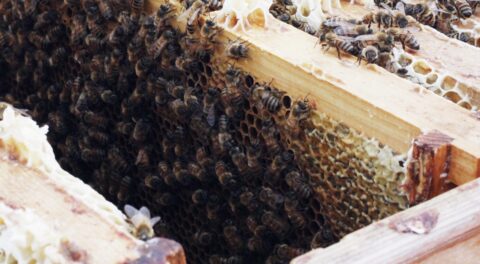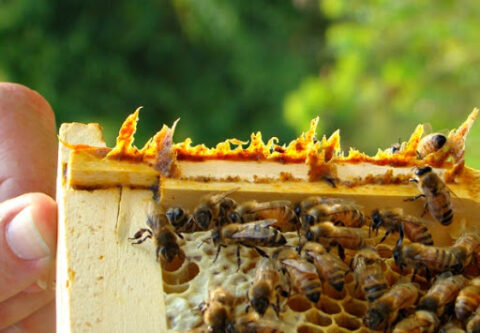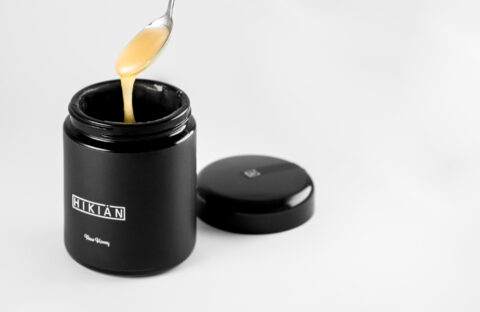Bilberries, other berries, coffee, chocolate, fruits, vegetables… imagine if we can’t have them anymore? Terrifying.
Our world and the whole ecosystem is dependent on pollinators, and bees are the ambassadors of all. It is crucial for life on Earth that we take good care of them and their living environment. Bees allow many plants and food crops to reproduce, so in fact the food we eat rely on bees and other pollinators. And it is not only food that pollinators contribute. They affect directly also to medicines, fibers like linen and cotton, biofuels and also some construction materials.
We could almost say that bees and other pollinators keep the world running. In the process of gathering nectar, bees pollinate crops on a global scale as they flit from flower to flower. Without their humble service to plants many interconnected species and processes in the ecosystem would collapse.
It is almost unbelievable that bees can visit 5 000 different flowers in a day. A small calculation gives us perspective of the importance of the bees’ work. If we have 50 000 worker bees in a hive that equates to 250 million flowers pollinated – every single day!
Pollination is therefore the keystone process for all ecosystems, natural and human managed. It is said that nearly 90 % of the world’s wild flowering plant species are depending entirely or partly on animal pollination, along with more than 75 % of the world’s food crops and 35 % of global agricultural land (UN).
We humans have an important duty to do – we own that to the bees and all the pollinators. We need to keep them safe. We have to take care of the environment and nature, contribute to the slowdown of climate change and reduce the pollution in the air. These acts would significantly contribute to solving problems related to food supply and hunger globally.
But there is so much more about bees that we want to share with you. That’s why we made this fun video for you to learn what amazing animals and communicators these wiggling honey producers are. Check it out!

